ISLAMABAD: An Indian lawmaker from the ruling Bharatiya Janata Party (BJP), Medha Kulkarni, has come under criticism after leading a controversial "purification" ritual at a historic site in the western city of Pune, following a video showing Muslim women offering prayers at the location.
Kulkarni, a BJP Member of Parliament, led a group that poured a mixture of cow dung and urine at the Shaniwarwada fort, describing it as an act to “cleanse” the site. The move came after a short video circulated online showing a few Muslim women offering namaz, Islamic prayers, in a quiet corner of the fort.
Speaking to local media, Kulkarni defended her actions, saying:
“If offering namaz is not a crime, then neither is prarthana [Hindu prayer]. We only performed prayers and purification to maintain the sanctity of this place.”
However, the act has been widely criticized by opposition parties, minority rights groups, and heritage activists for promoting intolerance and politicizing a public monument. Opposition figures in Maharashtra accused Kulkarni of “disturbing communal harmony” and “misusing religion for political visibility.”
A senior opposition leader from western state of Maharashtra said in a televised statement:
“No religion teaches hatred. This fort belongs to every Indian, not to one community. Such acts of provocation serve no purpose other than deepening divisions.”
Local civic groups have also pointed out that Shaniwarwada is a protected heritage monument, not a temple, and is open to visitors of all faiths. The fort, built in 1732, was once the seat of the Maratha Empire’s Peshwas and is an important cultural landmark in western India. Notably, the Maratha leader Baji Rao I lived there with his wife Mastani, who was of mixed Hindu and Muslim heritage, a historical symbol of plural coexistence.
Growing concerns over religious polarization
The incident comes amid growing concern over rising religious polarization in India. Analysts and rights observers say that Hindu nationalist politics under the BJP has intensified communal rhetoric, often targeting religious minorities, particularly Muslims.
Since the BJP came to power in 2014, human rights monitors have documented multiple incidents of violence linked to accusations of cow slaughter or interfaith relations. Several of these have resulted in mob lynchings and social boycotts of minority communities.
Social activists warn that events such as the “purification” ritual at Shaniwarwada risk normalizing exclusionary ideas under the guise of cultural pride.
“Such symbolic acts, though seemingly minor, reinforce a message of division,” said a Pune-based social worker. “India’s strength lies in its shared spaces and inclusive heritage, not in rituals of separation.”
Historical significance of Shaniwarwada
The Shaniwarwada fort, an architectural symbol of the Maratha legacy, holds deep historical and cultural value. Despite its association with Hindu Maratha rulers, the fort also embodies India’s composite heritage, reflecting centuries of cultural intermingling.
The incident has sparked debate within India over whether religious practices of any kind should be performed at protected monuments. Heritage experts have called for stricter enforcement of archaeological site regulations to prevent political or religious appropriation of historical spaces.
Broader implications
Observers in South Asia note that such developments highlight a worrying pattern of identity-based politics encroaching on cultural heritage and public life.
For Pakistan and the wider region, the episode underscores the importance of safeguarding pluralism, tolerance, and respect for all faiths, principles that have historically underpinned South Asia’s shared civilization.
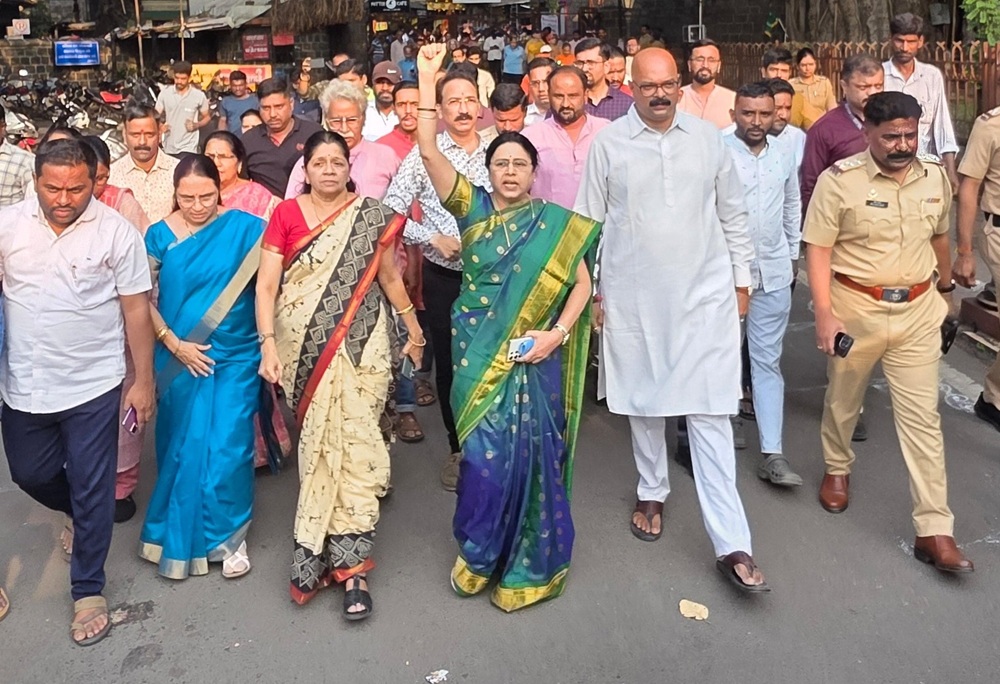
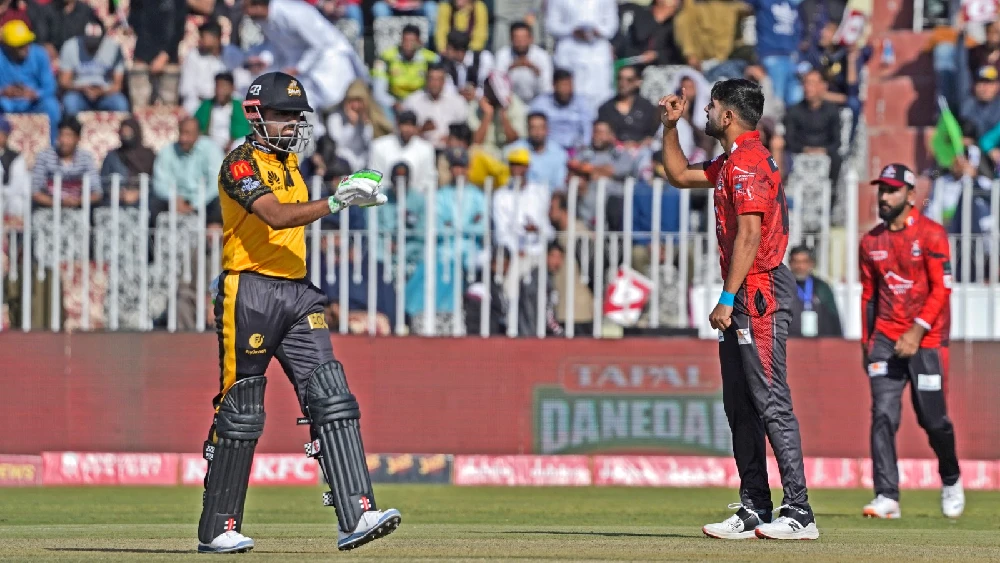
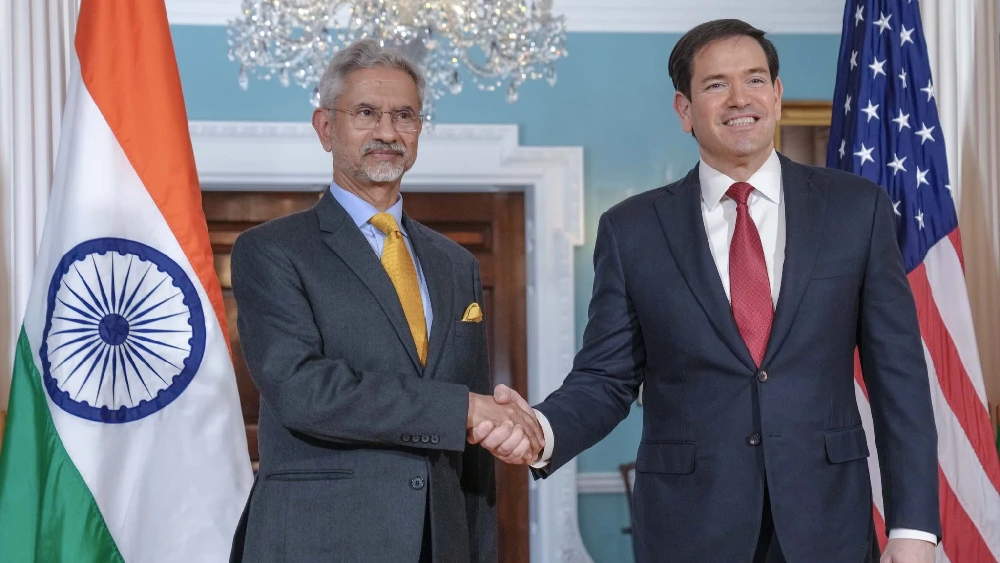
.jpg)
.jpg)

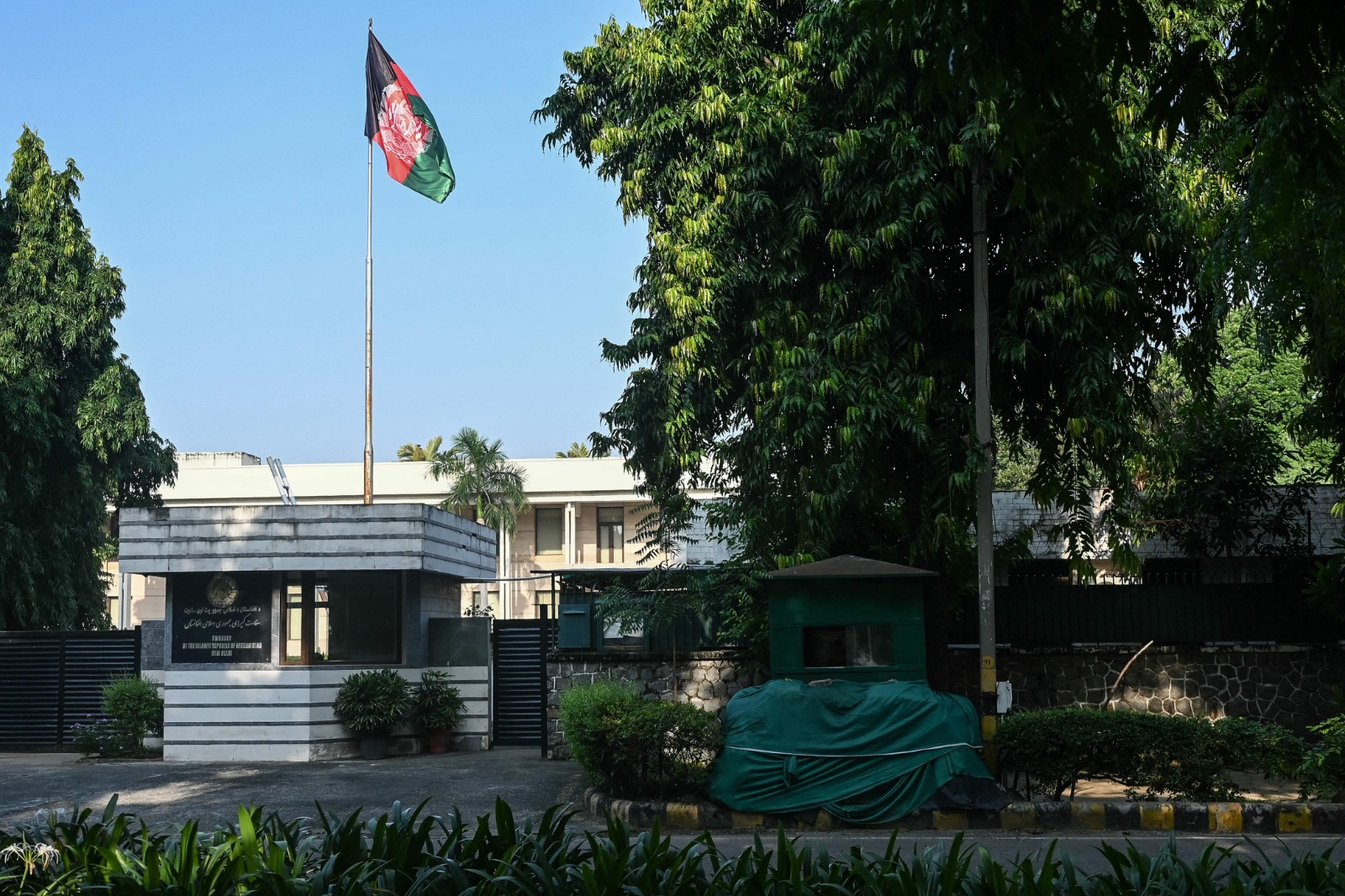
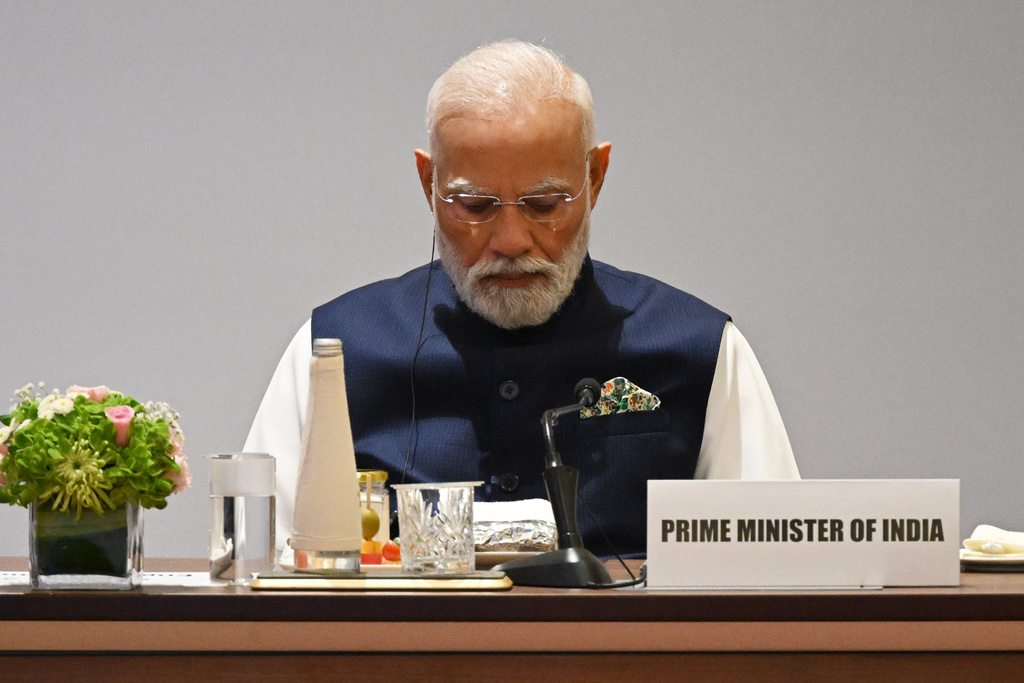
.jpg)